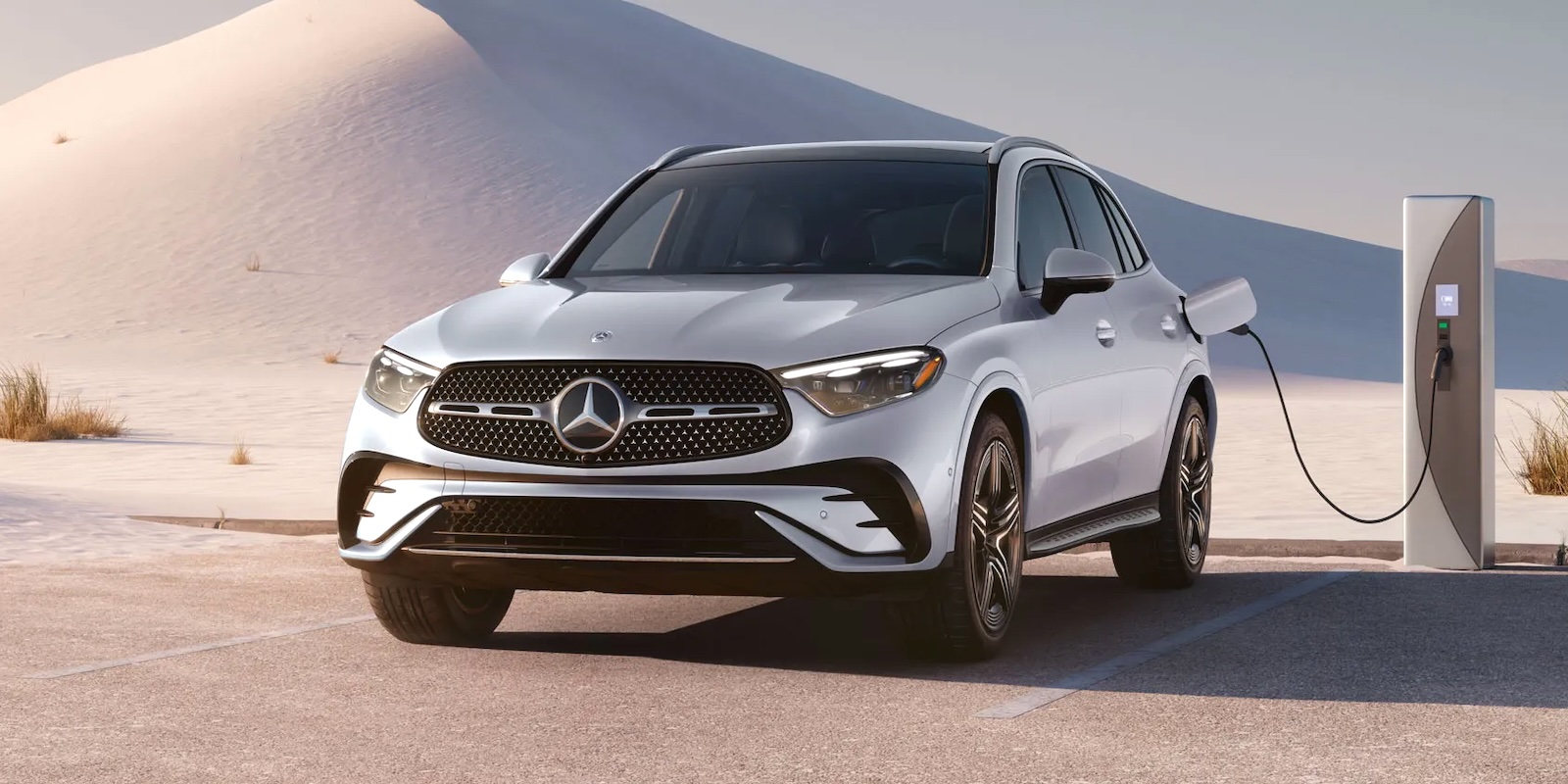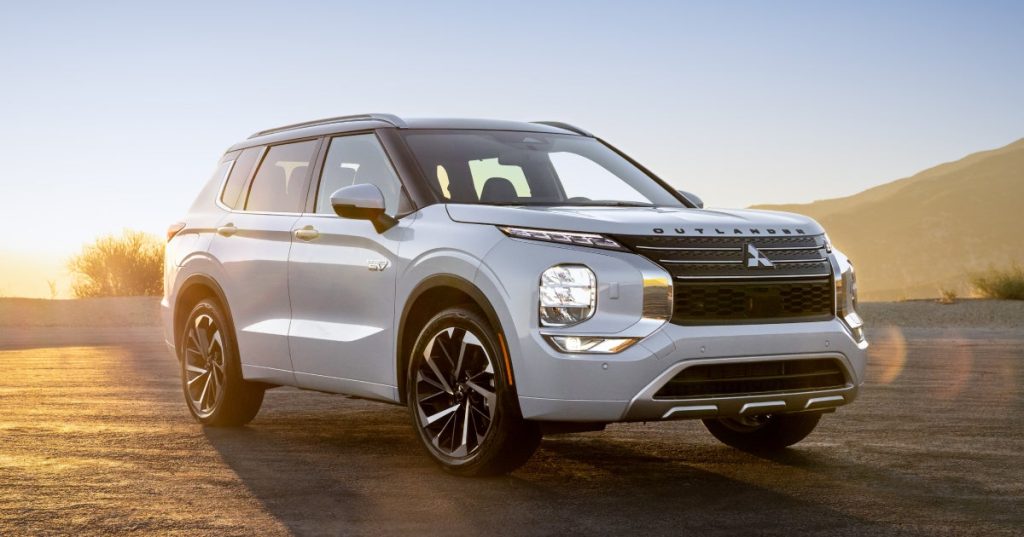
When it comes to battery longevity, it appears that brand matters. A recent study published by Germany’s ADAC revealed tangible, real-world differences in how the high-voltage batteries in PHEVs age across manufacturers. The results: Mercedes’ batteries came out on top, Mitsubishi trailed behind.
A recent study by the German motoring group ADAC (think of it as Germany’s equivalent of America’s [AAA](https://electrek.co/2025/02/0…

When it comes to battery longevity, it appears that brand matters. A recent study published by Germany’s ADAC revealed tangible, real-world differences in how the high-voltage batteries in PHEVs age across manufacturers. The results: Mercedes’ batteries came out on top, Mitsubishi trailed behind.
A recent study by the German motoring group ADAC (think of it as Germany’s equivalent of America’s AAA) and data analysts at Austrian battery firm AVILOO analyzed more than 28,500 state-of-health (SoH) measurements from plug-in hybrid electric vehicles (PHEVs) across six years and several vehicle brands. While the study found that battery degradation for most brands remains within a range consistent with an average vehicle lifespan, it turns out that one of the strongest predictors of battery longevity was the brand of vehicle tested.
In other words: not all hybrid batteries are created equal, and it seems like you really do seem to get what you pay for with batteries from traditionally pricer brands like Mercedes-Benz, BMW, and Volvo out-performing those from mainstream car brands like VW, Ford, and Mitsubishi. Here’s how ADAC broke it down:
In terms of brand comparison, Mercedes-Benz models generally show very stable battery performance up to a mileage of 200,000 kilometers. This contrasts with Mitsubishi, whose PHEVs already exhibit significant degradation even at low mileages, although this stabilizes somewhat over the course of their lifespan.
Battery degradation in vehicles from the Volkswagen Group and Volvo remains within an unremarkable range even with higher proportions of electric driving. BMW models show a noticeable variation across the entire field, depending on electric usage. In Ford models, battery capacity decreases remarkably early, regardless of the specific user group. However, predictions regarding battery condition at higher mileages are not possible due to the limited number of tests.
ADAC | GOOGLE TRANSLATE
So, what are the big takeaways here, besides the notion that more expensive products tend to be built better than cheaper ones? It seems like most PHEVs are maintaining more than 80% of their batteries’ SoH after 200,000 km (~120,000 miles), with some of the higher-performing batteries doing significantly better.
Still totally fine
 2024 Mitsubishi Outlander PHEV; via Mitsubishi.
2024 Mitsubishi Outlander PHEV; via Mitsubishi.
Again, the ADAC results shouldn’t be interpreted to mean that the Mitsubishi PHEV models aren’t perfectly serviceable, reliable offerings – just that some cars that cost a lot more than the Mitsubishi tend to have batteries that last a little longer under typical driving conditions.
ADAC also adds that, if frequent electric-only trips are on your agenda (as they are on mine), a fully battery-electric vehicle may be the smarter pick, as their batteries go through fewer charging cycles and tend to last longer than PHEV batteries as a consequence.
At the end of the day, it’s a straightforward choice: align your powertrain with your intended daily use, and your battery will have an easier, longer, and healthier life.
SOURCES: ADAC, AVILOO; via Motorpasión.
*If you’re considering going solar, it’s always a good idea to get quotes from a few installers. To make sure you find a trusted, reliable solar installer near you that offers competitive pricing, check out EnergySage, a free service that makes it easy for you to go solar. It has hundreds of pre-vetted solar installers competing for your business, ensuring you get high-quality solutions and save 20-30% compared to going it alone. Plus, it’s free to use, and you won’t get sales calls until you select an installer and share your phone number with them. *
*Your personalized solar quotes are easy to compare online and you’ll get access to unbiased Energy Advisors to help you every step of the way. *Get started here.
FTC: We use income earning auto affiliate links. More.